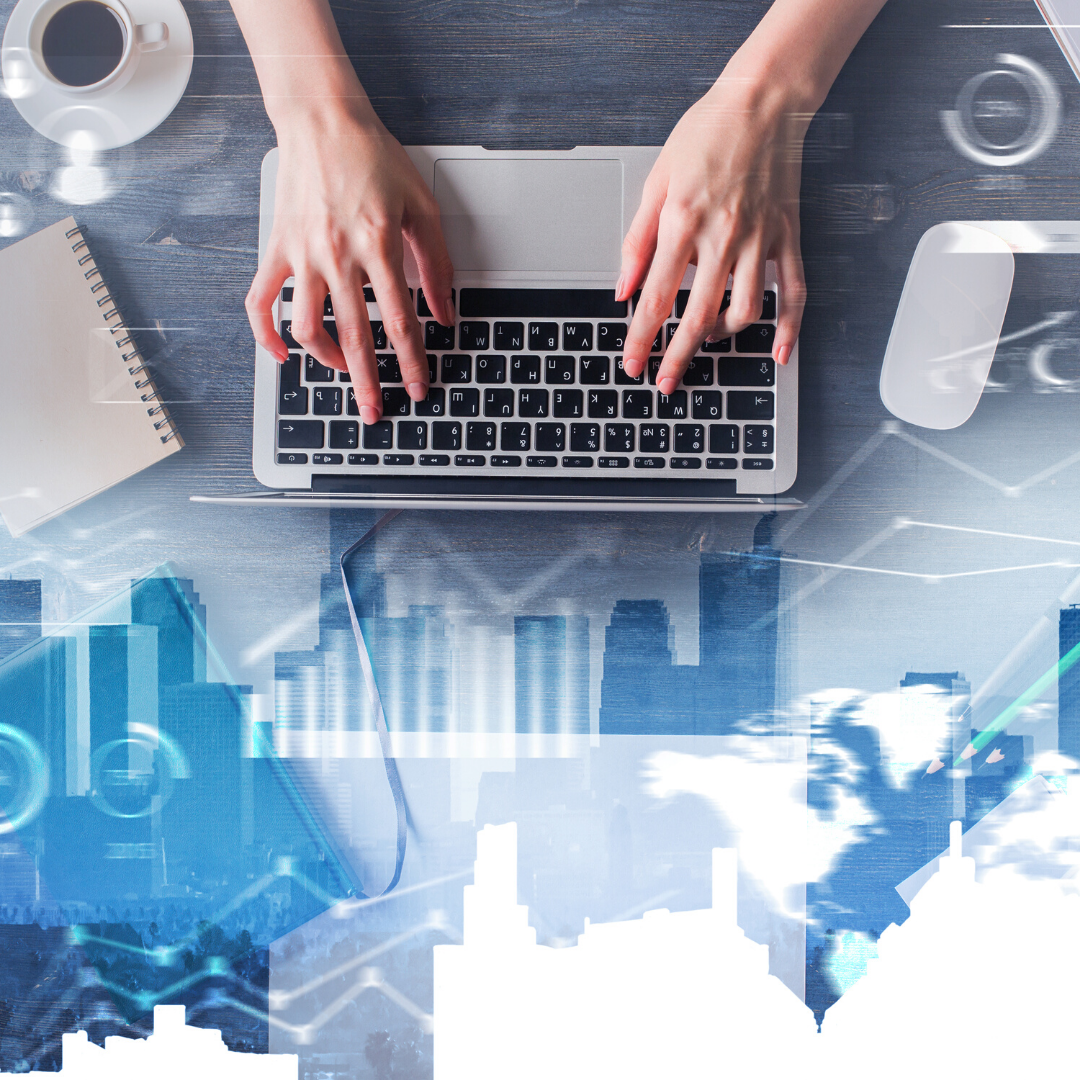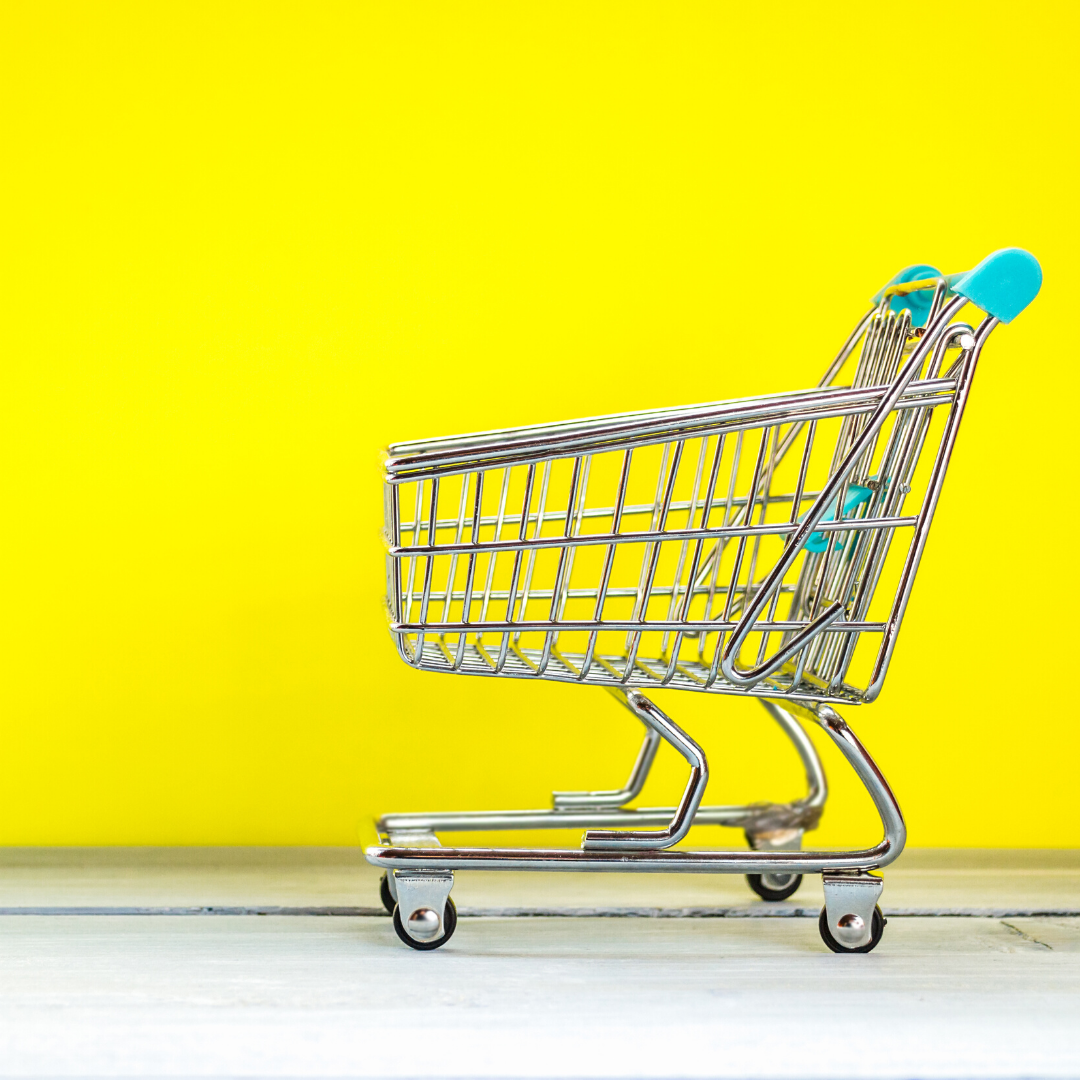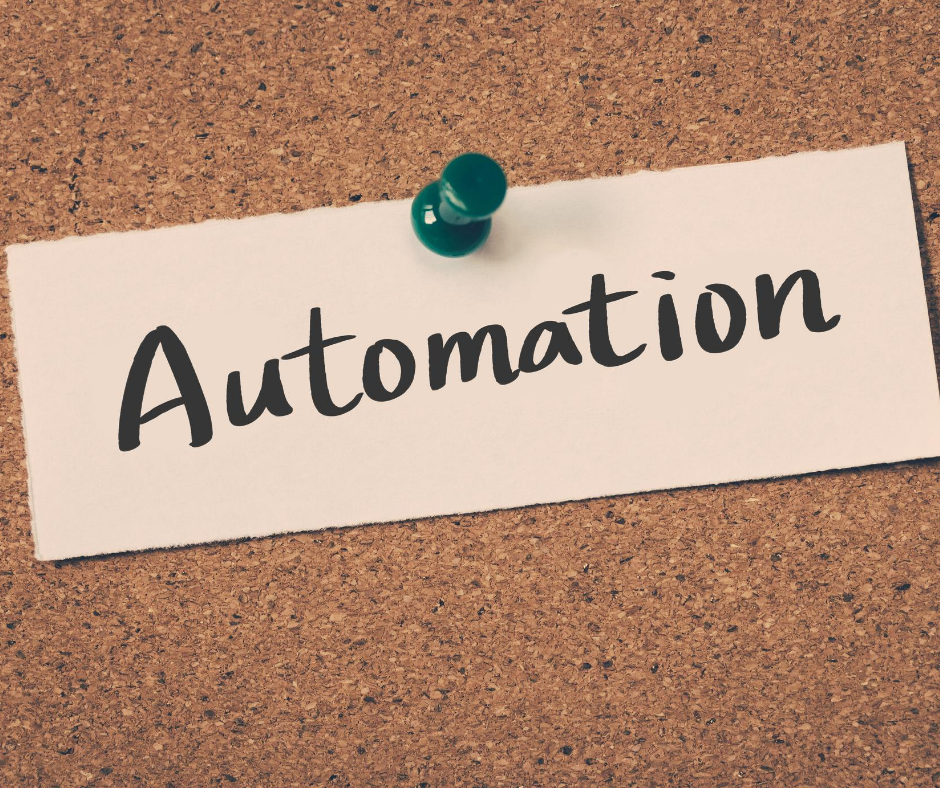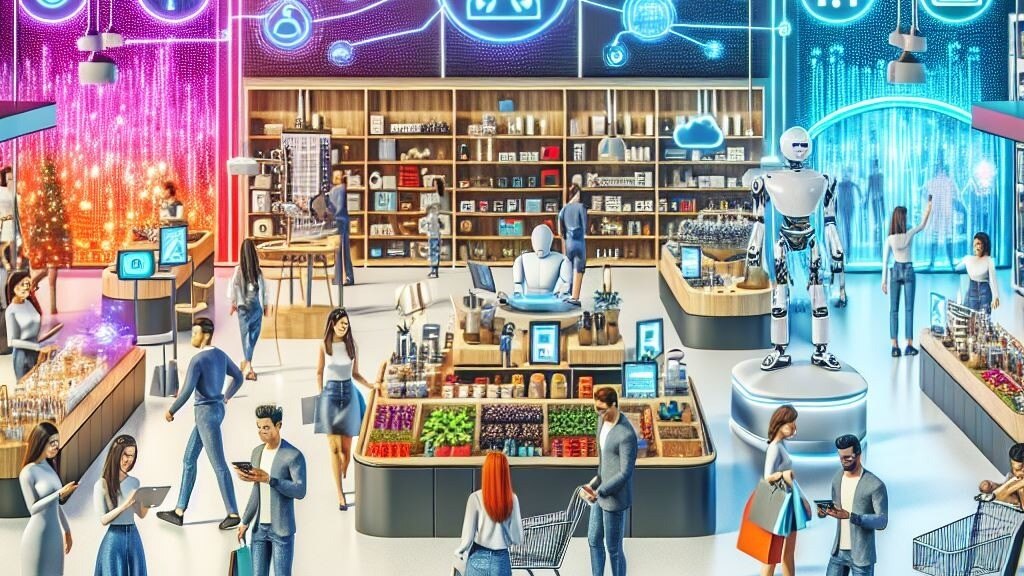The challenges for retail
The retail sector has faced ongoing disruption in recent years with the rise of ecommerce, click-and-collect, next-day and even same-day deliveries....

The COVID-19 outbreak has been unique in the way we’ve seen connectivity and data not only influence the global response, but help to coordinate it down to the individual level. Never before have people confined to their own homes been able to chart the progress of the infection curve so closely using their own computer, tablet or smartphone.
Daily data updates reassure the population that the social distancing measures adopted worldwide are working, which in turn helps to encourage more people to adhere to them. But the data transmitted and received from individuals’ devices is a two-way street, as it is not only used to keep people informed, but can also be used for tracking purposes, allowing experts to verify if people are staying at home and whether they are using transport or not.
In March, a team led by the University of Oxford and North-eastern University compared epidemiological data from the Open COVID-19 Data Working Group with mobile geolocation records from the Chinese technology company Baidu Inc.
They found that in the initial days of the outbreak, travel restrictions between different provinces were effective. But once local transmission began to occur, it was necessary to impose a lockdown within infected provinces.
From GPS-enabled smartphones, to mobile internet activity, to search activity by logged-in users with location tracking enabled, governments now have many ways to obtain location data and take action with immediate effect. However, it is by no means the only variable that can be tracked, either. Facebook is currently providing research partners with data on friendship patterns and social interaction to predict disease spread and compliance with public health measures.
Clearly, COVID-19 has highlighted and reinforced the value of data to drive decision-making, as a subsequent test to ensure the correct decisions were made, and as a tool to reassure populations that the sacrifices they make are beneficial.
As we move beyond the pandemic, companies can learn valuable lessons about the benefits of data-driven decision-making for future success. Gartner predicted that by 2020, 80% of organisations will initiate deliberate competency development in the field of data literacy to overcome extreme deficiencies. Undoubtedly, this is an ideal time to adopt big data initiatives such as DataOps, equipping intelligent meta-data catalogues with machine learning technologies and using cloud platforms like Microsoft Azure into your business model - shown to be a fast growing trend, with 91% of companies worldwide confirming an increased pace in investment according to Leftronic statistics.
Plus, it is vital in a customer-centric world for businesses to use data more than ever as a way to improve their CRM and buying experience. Through analysing user habits and performance data, companies are able to gain a competitive edge, enhance enterprise-resource planning and supply-chain management as well as identify trends and gaps in the market for a greater ROI. There is also a bigger effort in improving your Digital Business Automation (DBA) processes to ensure that the right information is captured, extracted and then delivered to all relevant applications - something Spike95 has years of experience in.
As software and automation testing specialists, we are the go-to experts in maximising your business’s potential through the smart use of data with a clear and ratified approach. From initial assessments and planning to boosting engagement, we ensure that your software is scalable, reliable and delivers the experience customers expect.
We are currently offering free 30 minute advisory sessions to help you gain a clear view of how to invest wisely so that you are ready to emerge from this turbulent time into a new era of prosperity. You can book a slot here, or leave us your details below and we'll be in touch as soon as we can![vlt_social_share title="Like this post? Please share!"]

The retail sector has faced ongoing disruption in recent years with the rise of ecommerce, click-and-collect, next-day and even same-day deliveries....

Welcome back to our ‘Quickly starting with Test Automation’ series, part 2 – Intermediate Automation tips. If you haven’t had a chance to check out ...

The retail tech stack is growing – but so are your risks. Here's how to stop it becoming a mess. The recent Retail Technology Show in London had so...

1 min read
2024: another year of pressure for retailers. As if running an online retail business wasn't already a circus, retailers had to brace and...